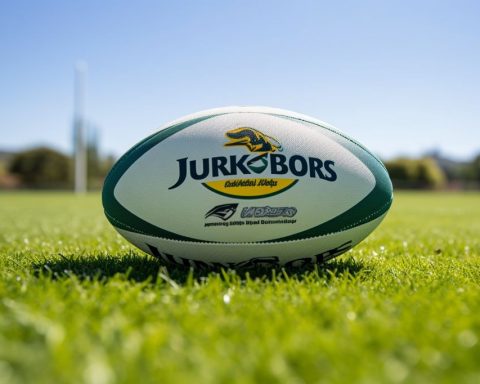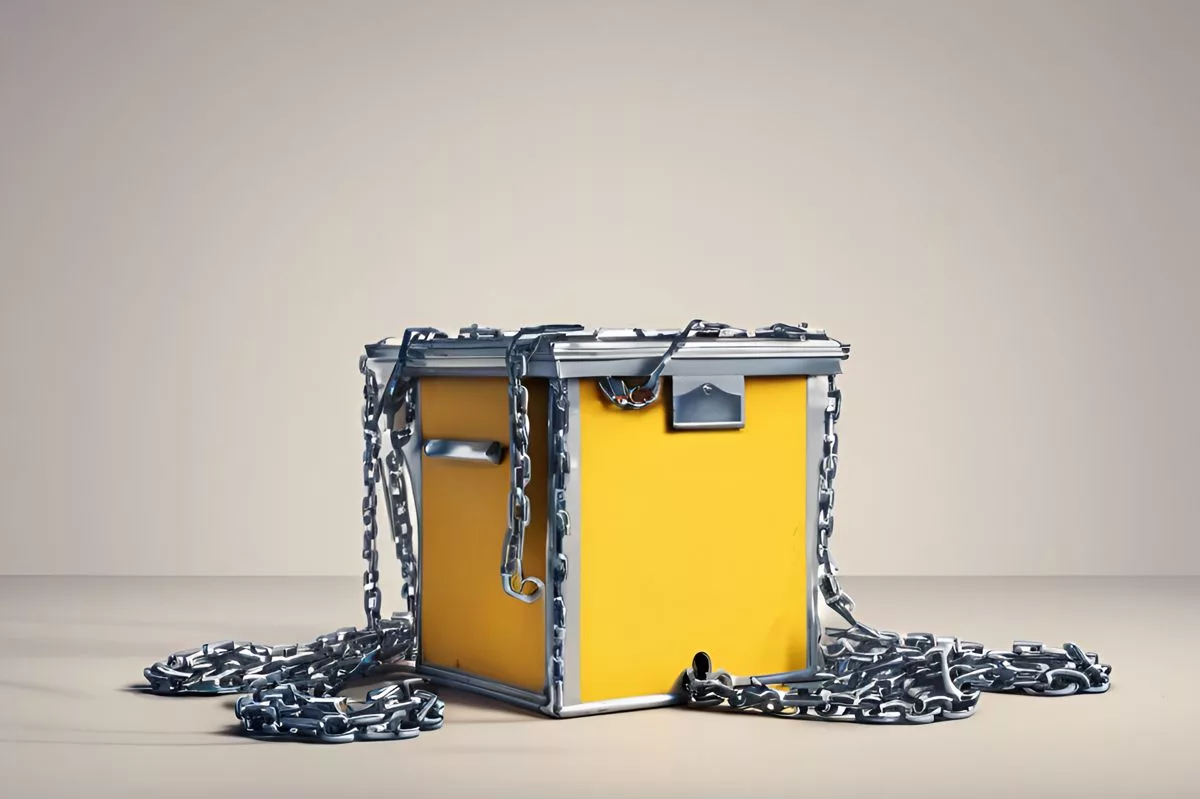Exciting changes are happening in South African rugby, with the appointment of Tony Brown as the new attack coach for the Springboks expected to enhance the team’s tactical game. Meanwhile, former Ireland hooker Jerry Flannery is a potential candidate to take over as the defensive coach, thanks in part to his rapport with Springboks Director of Rugby Rassie Erasmus. These new coaches could bring revolutionary techniques to the team, potentially making the Springboks a beacon of strategic depth and player advancement.
A significant transformation is underway in the South African rugby world with the appointment of Tony Brown as the new attack coach for the Springboks. Brown’s sharp tactical acumen is expected to enhance the team’s tactical toolkit and exceed national barriers. Additionally, Jerry Flannery, a former hooker for Ireland, has emerged as a potential candidate for the team’s defensive strategy. These coaching transitions may set the stage for a landmark chapter in South Africa’s rugby narrative.
A significant transformation is brewing in the rugby world, particularly within the South African national team, the Springboks. The imminent appointment of Tony Brown, an ex-All Blacks player, as the new attack coach signals a key shift in the team’s tactical approach.
Brown, renowned for his sharp tactical acumen, is projected to assume an essential role in the Springboks’ framework. It is anticipated that the forthcoming weeks will witness the affirmation of his appointment, which will notably enhance the Springboks’ tactical toolkit. While most may link Brown to the All Blacks, his expected transfer to the Springboks highlights his capacity to exceed national barriers.
Potential Successor and Past Collaborations
Parallel to this is the exit of Jacques Nienaber, who played a crucial role in moulding the team’s defensive strategy. His departure has sparked a wave of conjecture about his possible replacement. In this scenario, Jerry Flannery, a former hooker for Ireland, has emerged as a potential candidate. Flannery’s rapport with Rassie Erasmus, the Springboks’ Director of Rugby, cultivated during their time at Munster, undoubtedly fuels this speculation.
Currently serving as the defence coach for Harlequins, Flannery has demonstrated his prowess by steering them to the second rung in the English Premiership, boasting a top-tier defence. His coaching journey has been marked by a succession of triumphant tenures with various teams. Post his playing career, which encompassed over 90 matches for Munster and 41 Internationals for Ireland, Flannery ventured into football, spending some time as a strength and conditioning coach for Arsenal, before making a comeback to rugby.
Flannery’s Influence and Future Prospects
Flannery’s return to rugby signified his versatile evolution in roles. With a transition from scrum coach to forwards coach and subsequently to defence coach, Flannery’s flexibility and adaptability are indicative of his coaching principles. Underlining his increasing significance, Harlequins offered him an open-ended contract in February 2022, reflecting his valuable input to the team.
Back in 2017, Flannery lauded Erasmus, characterising him as possessing an “excellent rugby intellect”. As per Flannery, Erasmus instilled a culture of empowerment and inclusiveness in coaching, valuing hard work and sincerity above everything else. This philosophy was reflected in his team selections, which typically recognised effort and commitment over individual brilliance.
The potential reunion of Flannery and Erasmus hints at an influential power dynamic, likely to substantially impact the Springboks’ defensive strategy. While local names like Jaque Fourie and Duane Vermeulen have also been associated with the role, Flannery’s previous alliance with Erasmus and his impressive track record position him as a strong contender.
The Impending Strategic Transformation
This evolving scenario within the Springboks’ coaching staff is an intriguing progression. It underlines rugby’s global allure and fluidity, where an individual’s skills and contributions surpass national affiliations. As we await formal confirmations, we eagerly envision the strategic path the team will take under the collective expertise of Erasmus, Brown, and potentially, Flannery.
Such alterations in the coaching arena not only determine the team’s future tactical blueprint but also profoundly influence player development. The upcoming appointments are expected to usher in revolutionary coaching techniques, potentially remodel the Springboks into a beacon of strategic depth and player advancement.
The Wait for a Game-Changing Evolution
As the Springboks gear up for this fresh phase, the global audience eagerly awaits the impact of these coaching transitions on their performance. The potential inclusion of seasoned tacticians like Brown and Flannery positions the Springboks for a dynamic, strategic, and possibly epoch-making evolution. The fusion of local and international expertise may set the stage for a landmark chapter in South Africa’s rugby narrative.
1. What changes are happening in South African rugby?
Exciting changes are happening in South African rugby, with the appointment of Tony Brown as the new attack coach for the Springboks expected to enhance the team’s tactical game. Meanwhile, former Ireland hooker Jerry Flannery is a potential candidate to take over as the defensive coach.
2. Who is Tony Brown and what is his role in the Springboks’ coaching staff?
Tony Brown is an ex-All Blacks player who is expected to assume the role of the new attack coach for the Springboks. His sharp tactical acumen is projected to enhance the team’s tactical toolkit and exceed national barriers.
3. Who is Jerry Flannery and what is his coaching background?
Jerry Flannery is a former hooker for Ireland who has emerged as a potential candidate for the Springboks’ defensive strategy. Currently serving as the defence coach for Harlequins, Flannery has demonstrated his prowess by steering them to the second rung in the English Premiership, boasting a top-tier defence.
4. What is the potential impact of Flannery’s inclusion in the Springboks’ coaching staff?
Flannery’s previous alliance with Rassie Erasmus, the Springboks’ Director of Rugby, and his impressive track record position him as a strong contender for the defensive coach role. The potential reunion of Flannery and Erasmus hints at an influential power dynamic, likely to substantially impact the Springboks’ defensive strategy.
5. What is the significance of these coaching transitions in the Springboks’ future?
These coaching transitions may set the stage for a landmark chapter in South Africa’s rugby narrative. The upcoming appointments are expected to usher in revolutionary coaching techniques, potentially remodel the Springboks into a beacon of strategic depth and player advancement.
6. How will the global audience and players be impacted by these coaching transitions?
As the Springboks gear up for this fresh phase, the global audience eagerly awaits the impact of these coaching transitions on their performance. The fusion of local and international expertise may set the stage for a landmark chapter in South Africa’s rugby narrative, profoundly influencing player development and the team’s future tactical blueprint.










